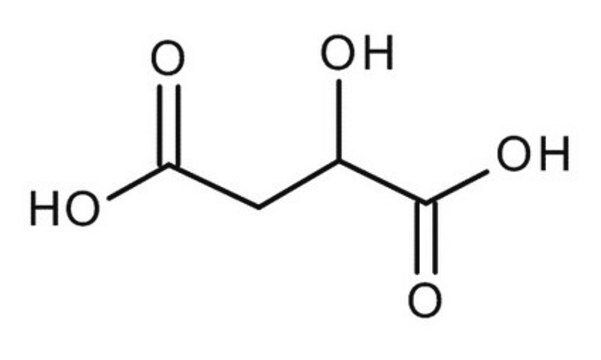855475P
Avanti
12:0 Lyso PC
1-lauroyl-2-hydroxy-sn-glycero-3-phosphocholine, powder
Synonym(s):
1-dodecanoyl-sn-glycero-3-phosphocholine; PC(12:0/0:0)
About This Item
Recommended Products
Assay
>99% (LPC; may contain up to 10% of the 2-LPC isomer, TLC)
form
powder
packaging
pkg of 1 × 200 mg (855475P-200mg)
pkg of 1 × 25 mg (855475P-25mg)
pkg of 1 × 500 mg (855475P-500mg)
manufacturer/tradename
Avanti Research™ - A Croda Brand 855475P
shipped in
dry ice
storage temp.
−20°C
SMILES string
O[C@](COP([O-])(OCC[N+](C)(C)C)=O)([H])COC(CCCCCCCCCCC)=O
InChI
1S/C20H42NO7P/c1-5-6-7-8-9-10-11-12-13-14-20(23)26-17-19(22)18-28-29(24,25)27-16-15-21(2,3)4/h19,22H,5-18H2,1-4H3/t19-/m1/s1
InChI key
BWKILASWCLJPBO-LJQANCHMSA-N
General description
Application
Biochem/physiol Actions
Packaging
Legal Information
Storage Class Code
11 - Combustible Solids
WGK
WGK 3
Flash Point(F)
Not applicable
Flash Point(C)
Not applicable
Choose from one of the most recent versions:
Certificates of Analysis (COA)
It looks like we've run into a problem, but you can still download Certificates of Analysis from our Documents section.
If you need assistance, please contact Customer Support.
Already Own This Product?
Find documentation for the products that you have recently purchased in the Document Library.
Articles
The critical micelle concentration (CMC) can be approximately defined as the lipid monomer concentration at which appreciable amounts (>5% of total) of micellar aggregates first begin to appear in the equilibrium: nM1<=>Mn
Our team of scientists has experience in all areas of research including Life Science, Material Science, Chemical Synthesis, Chromatography, Analytical and many others.
Contact Technical Service








